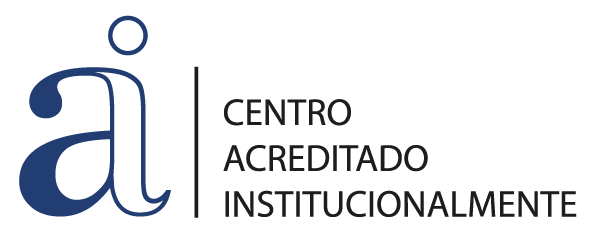Seminarios 2023 del Departamento de Física de la Materia Condensada: “Quantum materials engineering with light: polaritonic matter”.- Jueves 1 de junio
El jueves 1 de junio de 2023 a las 12:30 h se celebrará una nueva sesión de los Seminarios del Departamento de Física de la Materia Condensada en la Sala de Grados. El seminario de título “Quantum materials engineering with light: polaritonic matter” será impartido por Ángel Rubio, de Max Planck Institute for the Structure and Dynamics of Matter (Hamburgo, Alemania).
El ciclo de Seminarios del Departamento de Física de la Materia Condensada cuenta con la colaboración del Instituto de Nanociencia y Materiales de Aragón, INMA, instituto mixto del CSIC y la Universidad de Zaragoza y la Facultad de Ciencias de la Universidad de Zaragoza.
Resumen (en inglés):
An overview of how well-established concepts in quantum chemistry and materials have to be adapted when the quantum nature of light becomes important will be presented, aiming to answer the question whether it is possible to create new states of mater. A particular appeal of light dressing is the possibility to engineer symmetry breaking, which can lead to novel properties. Strong light–matter coupling in cavities provides a pathway to break fundamental material symmetries (e.g. time-reversal symmetry in chiral cavities). We will discuss the potential to realize non-equilibrium states of matter so far only accessible in ultrafast and ultrastrong laser-driven materials. This will be illustrated in molecular complexes and 2D materials, showing the emergence of many interacting quantum phenomena including exotic and elusive correlated and topological phases. Lastly, we will briefly introduce our newly developed quantum electrodynamics density-functional theory formalism to model the spontaneous appearance of ordered phases of strongly interacting light-matter hybrids both as ground state as well as metastable states.
Angel Rubio is the Director of the Theory Department of the MPSD (Hamburg). His group works on developing novel theoretical tools and computational codes for the ab initio description and control of the dynamics of decoherence and dissipation in quantum many-body systems, and on characterizing new nonequilibrium states of matter. He has been awarded several prizes (e.g. 2018 Max Born medal and prize, 2016 Medal of the Spanish Royal Physical Society) besides two ERC advanced grants (2011 and 2016).

